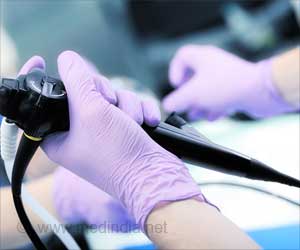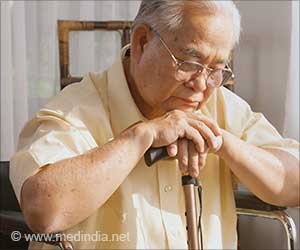Boosting immune system could help fight HIV, it looks like.
Australian scientists have successfully cleared a HIV-like infection in mice by boosting the function of cells vital to the immune response.
A team led by Dr Marc Pellegrini from the Walter and Eliza Hall Institute showed that a cell signaling hormone called interleukin-7 (IL-7) reinvigorates the immune response to chronic viral infection, allowing the host to completely clear virus. Their findings have been released the journal Cell.Dr Pellegrini, from the institute’s Infection and Immunity division, said the finding could lead to a cure for chronic viral infections such as HIV, hepatitis B and C, and bacterial infections such as tuberculosis, which are significant economic and global health burdens.
Current approaches to curing chronic infections tend to focus on generating a long-lived immune response to a specific disease. Dr Pellegrini, working with colleagues Mr Simon Preston and Mr Jesse Toe, and collaborators Professors Pamela Ohashi and Tak Mak from the Ontario Cancer Institute, argues that long-lived immune responses to chronic diseases are not always effective, and has instead concentrated on how the immune response can be manipulated to better fight infection.
“Viruses such as HIV and hepatitis B and C overwhelm the immune system, leading to establishment of chronic infections that are lifelong and incurable,” Dr Pellegrini said. “Despite tremendous efforts, long-lived immune responses for some of these viruses are ineffective, because the body is so overrun by virus that the immune system, in particular T cells, just give up trying to battle the infection. Some people have coined the phrase ‘immune exhaustion’ to explain the phenomenon. Our approach is to discover some of the mechanisms that cause this immune exhaustion, and manipulate host genes to see if we can boost the natural immune response in order to beat infection.”
The team investigated the role of IL-7, a naturally-occurring immune hormone, in a mouse model of HIV infection. IL-7 is a cytokine (cell signalling hormone) that plays a critical role in immune system development and maintenance.
“We found that IL-7 boosted the immune response in a pretty profound fashion, such that animals were able to gradually clear the virus without too much collateral tissue damage,” Dr Pellegrini said.
Advertisement
“In an overwhelming infection, SOCS-3 becomes highly activated and suppresses the immune response, probably as a natural precaution to prevent ‘out-of-control’ responses that cause collateral damage to body tissue,” Dr Pellegrini said. “In the case of these overwhelming infections, the immune system effectively slams on the brakes too early, and the infection persists.”
Advertisement
“The key for us was figuring out that turning off SOCS-3 only really worked when it was within T cells,” Mr Preston said. “It allowed the immune response to boost the number of virus-specific T cells and have an immune response good enough to eliminate the virus without initiating an immune response that was too large and would make the animal sick.”
Dr Pellegrini said the research had provided excellent ideas for new therapies that could target and boost host immune cells to fight disease, rather than targeting the disease itself. “The findings could help to develop drugs that target some of these host molecules, such as SOCS-3, and turn them off for very short, defined periods of time to reinvigorate the T cells, allowing them to regroup to fight infection,” he said.
This research was supported by the Australian National Health and Medical Research Council, the Canadian Institute for Health and the Cancer Research Institute.
Source-Medindia












